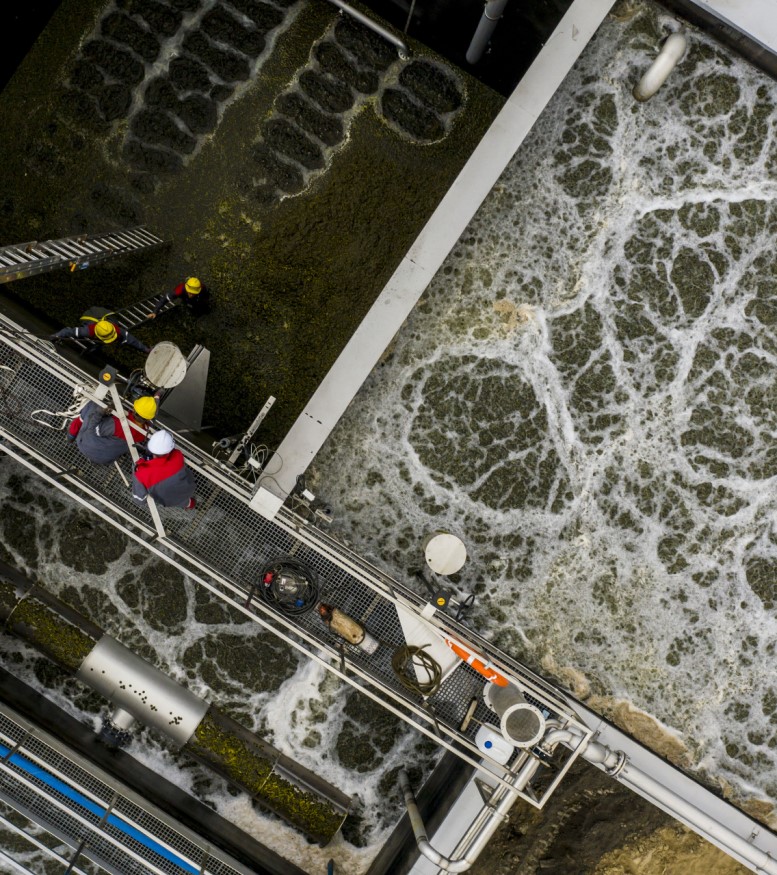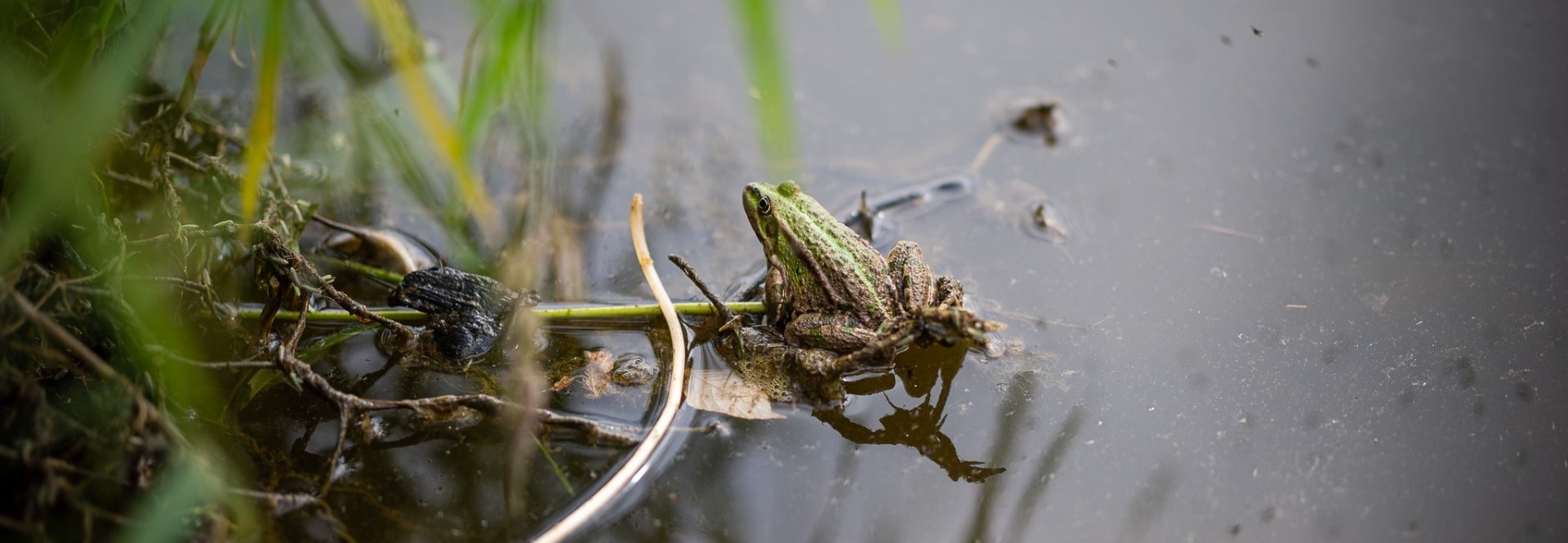With regard to the foregoing, PKN ORLEN has in place a dedicated procedure to be followed in emergency situations and respects the obligations to notify the relevant services.
| ENERGY CONSUMPTION WITHIN THE ORGANISATION | |||||||||||||
|---|---|---|---|---|---|---|---|---|---|---|---|---|---|
| 2021 | 2020 | 2019 | 2018 | 2017 | 2016 | 2015 | GRI 302-1 | ||||||
| Value [GJ] | Value [MWh] | Value [GJ] | Value [MWh] | Value [GJ] | Value [MWh] | Value [GJ] | Value [MWh] | Value [GJ] | Value [MWh] | ||||
| Energy consumption in fuels | 127,109,144 | 35,308,096 | 122,710,174 | 34,086,160 | 98,769,007 | 27,435,835 | 84,187,991 | 23,385,553 | 83,280,501 | 23,133,472 | measured since 2017 | ||
| Electricity consumption | 87,802,638 | 24,389,622 | 57,981,914 | 16,106,087 | 2,304,094 | 640,026 | 2,211,043 | 614,179 | 2,187,400 | 607,611 | measured since 2017 | ||
| Heat consumption | 169,386 | 47,052 | 12,186 | 3,385 | 5,579,603 | 1,549,890 | 6,825,492 | 1,895,970 | 6,252,290 | 1,736,747 | measured since 2017 | ||
| Electricity sold | 111,774,896 | 31,048,582 | 83,978,114 | 23,327,254 | 33,938,256 | 9,427,293 | 24,984,321 | 6,940,089 | 24,786,031 | 6,885,009 | measured since 2017 | ||
| Heat sold | 6,776,557 | 1,882,377 | 5,282,174 | 1,467,271 | 36,321,662 | 10,089,351 | 34,012,153 | 9,447,820 | 35,262,356 | 9,795,099 | measured since 2017 | ||
| Total consumption | 96,529,714 | 26,813,810 | 91,443,986 | 25,401,107 | 28,509,089 | 7,919,191 | 25,191,517 | 6,997,644 | 23,232,114 | 6,453,365 | measured since 2017 | ||



